
22nd Century Group and KeyGene say they have made a breakthrough in hemp/cannabis plant research leading to the successful transformation of the hemp/cannabis plant genome using a proprietary plant transformation and regeneration technology and clear protein expression by the introduced genes.
“I cannot emphasize enough what an enormous achievement it is for our company to have cracked the code to show proof of genome transformation in the hemp/cannabis plant. This is the holy grail in plant science and places us in a commanding leadership position in the race to secure patents and other valuable intellectual property in the emerging hemp/cannabis genetics field,” said James A. Mish, CEO of 22nd Century Group, in a statement.
“These newest plant transformation discoveries unlock additional revenue opportunities for the company and accelerate our efforts to create new hemp/cannabis plant lines with much higher commercial value at accelerated rates, lower cost and lower risk to our customers.”
The plant transformation breakthrough unlocked by 22nd Century and KeyGene enables the desired DNA sequences to be inserted directly into or created from a plant’s existing genetic material, creating a more expedient and focused methodology to achieve the desired outcome.
In addition to its transformation capability, 22nd Century Group has exclusive access to a battery of gene-editing capabilities, based on meganuclease technology, directed to seven of the key enzymes for the biosynthesis of cannabinoids plus four patent families that cover vital enzymes. Unlike other more widely available gene-editing technologies like CRISPR-CAS-9, this technology is allowed for use in cannabis.
The breakthrough gene-editing and transformation technology will allow 22nd Century Group to target specific hemp/cannabis biosynthesis pathways and expand the ability to engineer the modification of cannabinoids in plants.


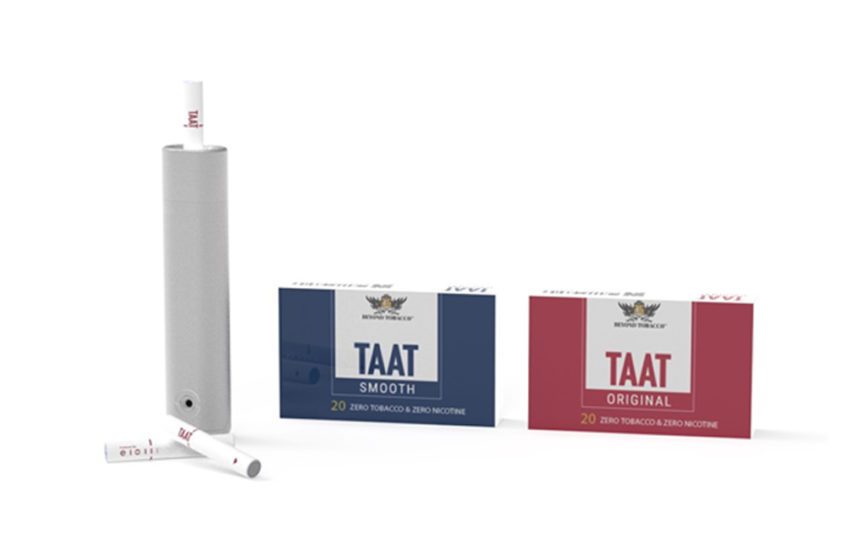
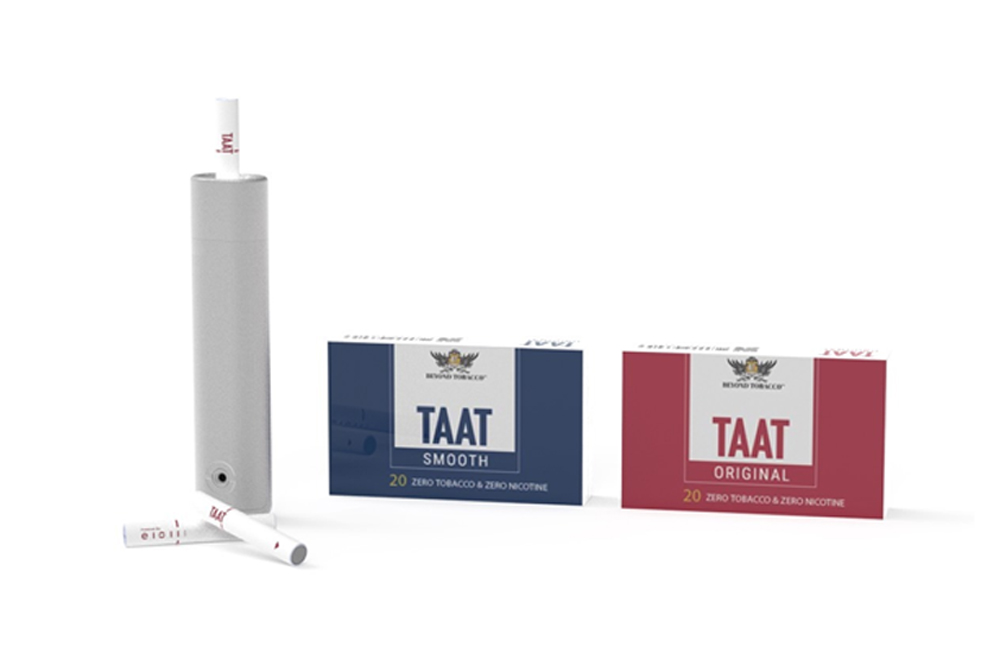


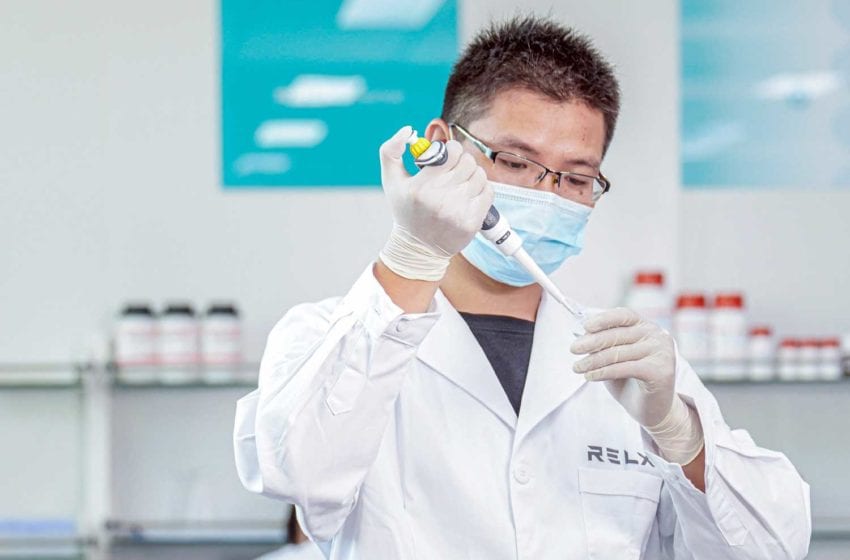
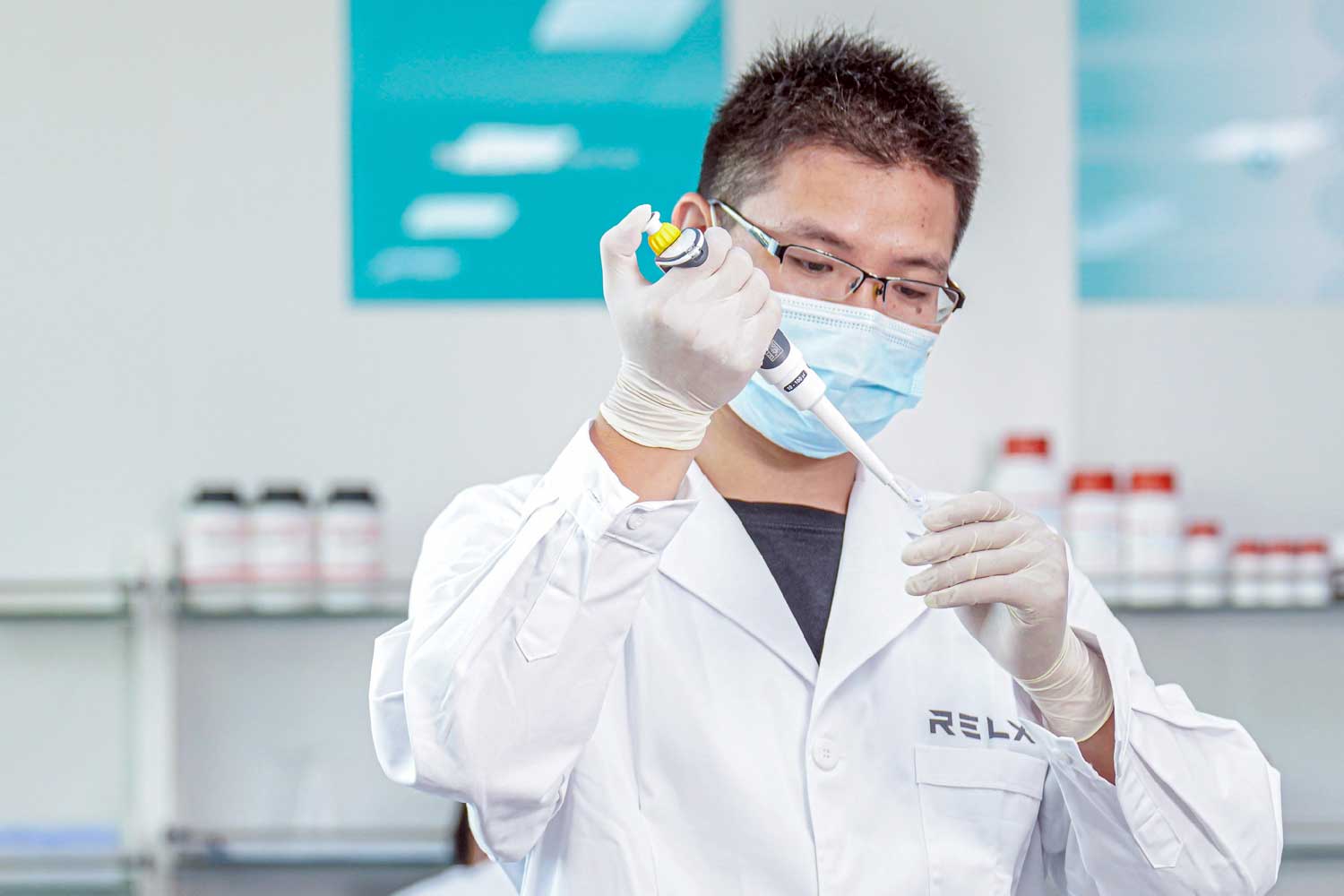




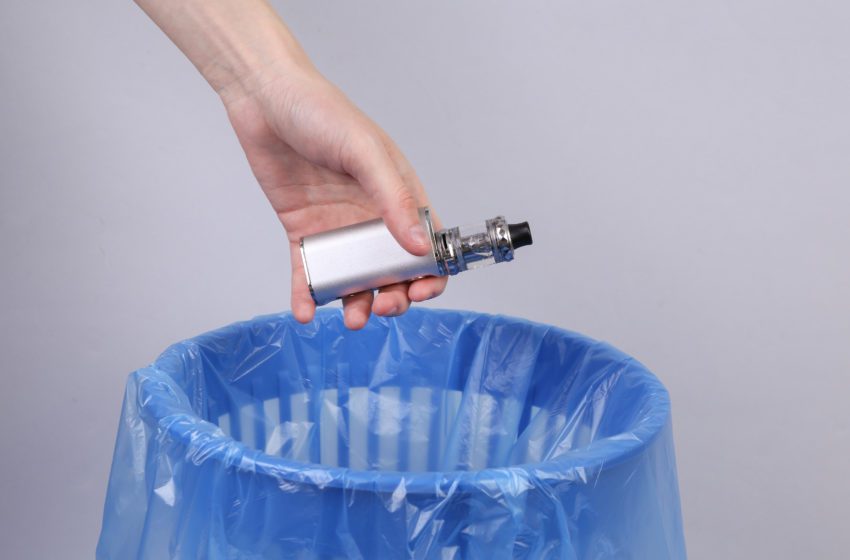
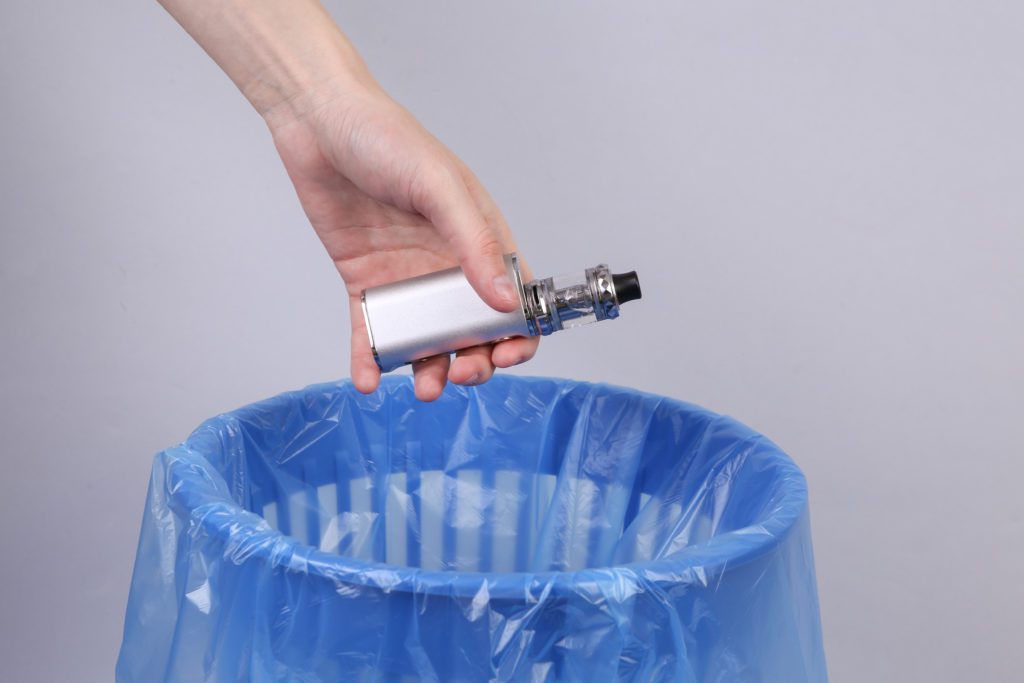
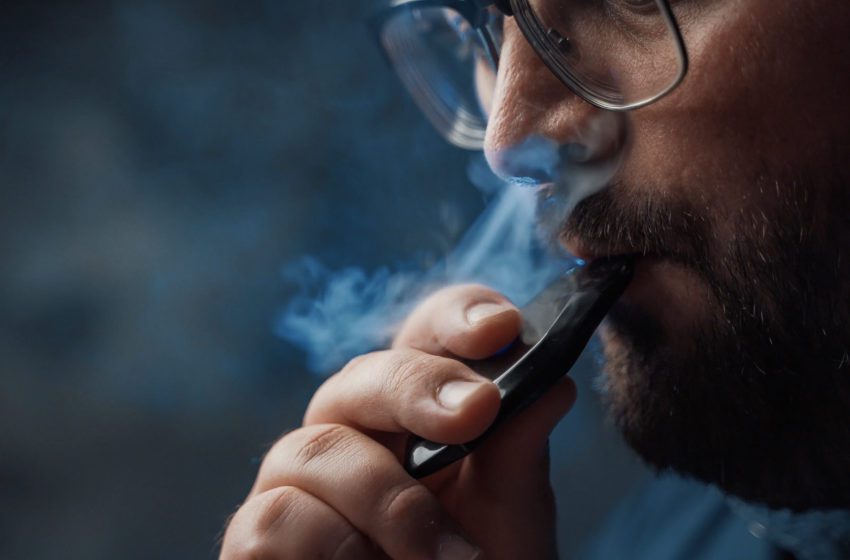

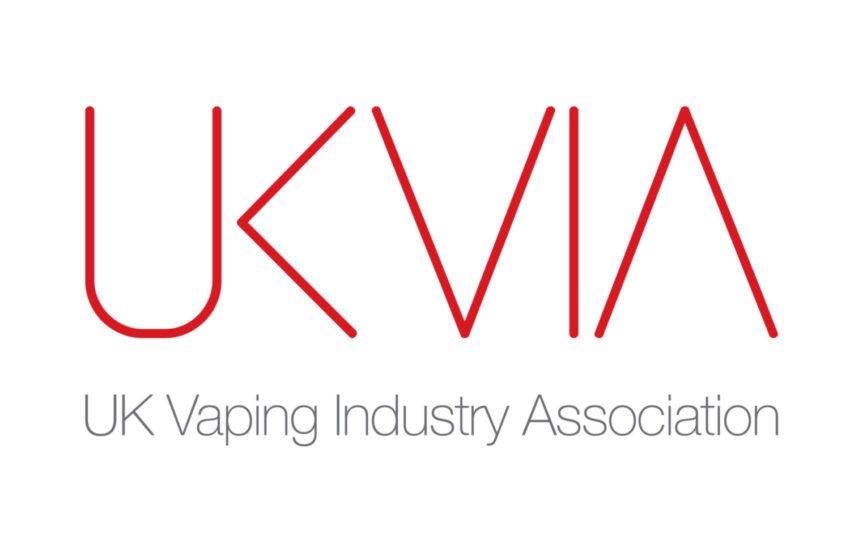
 The U.K. Vaping Industry Association (UKVIA) anticipates a busy year for the sector, the industry group noted at the publication of its
The U.K. Vaping Industry Association (UKVIA) anticipates a busy year for the sector, the industry group noted at the publication of its